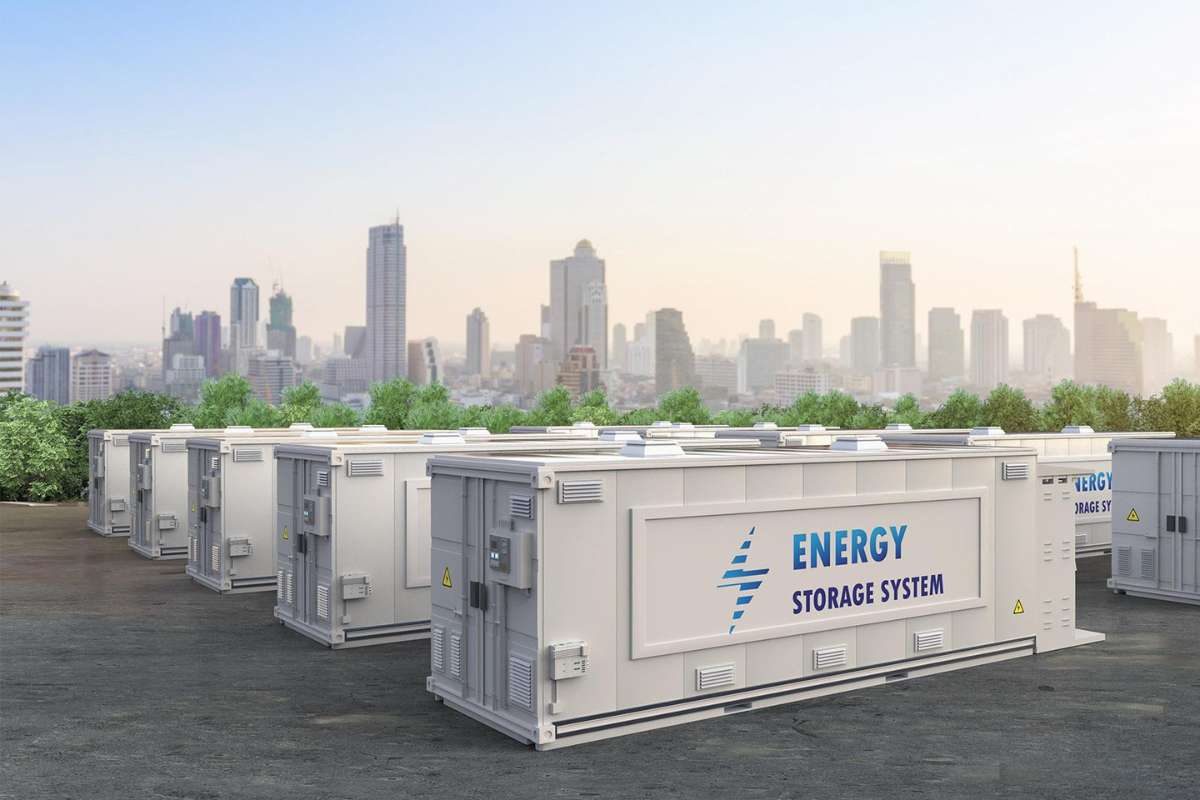New Laws Prohibit Battery-Energy Storage System Construction
Duanesburg Bans the construction of commercial-scale battery-energy storage systems within the town this month. Motivated by public safety concerns, the legislation prohibits both stand-alone systems with a capacity greater than 600 kilowatts per hour and those integrated with solar or wind energy projects. This move makes Duanesburg the latest municipality to take such action, joining other local governments who have expressed concerns about the safety of these systems, which are vital to New York’s ambitious green energy goals.
The laws update existing regulations governing wind and solar energy facilities, explicitly prohibiting the addition of battery-storage components tied to these green energy systems. Furthermore, any new storage systems that involve multiple types of battery technologies housed together in a single room or enclosed space are also banned. Duanesburg’s resolution highlights the town’s concerns about potential threats to public safety, particularly given the risks associated with large-scale battery energy storage systems. Previously approved systems, such as those linked to the Oak Hill solar project, are exempt from the new legislation.
Safety Concerns and Fire Risk Prompt Legislative Action
Duanesburg Bans battery-energy storage systems amid growing concerns over their safety, particularly regarding fire hazards. While these systems are critical to storing excess energy from renewable sources like solar and wind, they have faced criticism due to the risks posed by battery fires. Local fire officials and residents in Schenectady County, including Duanesburg, have expressed concerns about the capacity of municipalities to effectively combat fires at these facilities.
Battery fires, especially those involving lithium-ion batteries, are known to burn at extremely high temperatures and are difficult to extinguish. These fires can reignite hours after being put out, adding to the difficulty of containing them. The legislation notes the additional challenges posed by Duanesburg’s lack of a public water supply, which could further hinder fire-fighting efforts in the event of a battery fire. The town’s volunteer fire departments would face significant strain in responding to such incidents, prompting lawmakers to act in the interest of public health and safety.
Statewide Context and Recent Fire Incidents
Duanesburg Bans battery-energy storage systems, mirroring steps taken by nearby municipalities, such as Amsterdam in Montgomery County, which also imposed a ban last year due to similar safety concerns. The systems are integral to New York’s goal of achieving 100% renewable electricity by 2040, making their safe implementation a key issue. However, the fire risks associated with these systems have become more apparent in recent months.
Governor Kathy Hochul’s administration has taken steps to address these concerns, establishing a working group to develop guidelines for the safe deployment of battery energy storage systems. This initiative was triggered by several fires at battery storage facilities across the state, including a notable incident in California’s Moss Landing Power Plant earlier this month. The fire, which destroyed 80% of the facility’s batteries, raised alarms about the safety of large battery-storage systems. Duanesburg Supervisor William Wenzel referred to this fire while explaining the town’s decision to pass the new laws, emphasizing the need to protect residents from the risks associated with this emerging technology.
Visit Oil Gas Energy Magazine for the most recent information.












